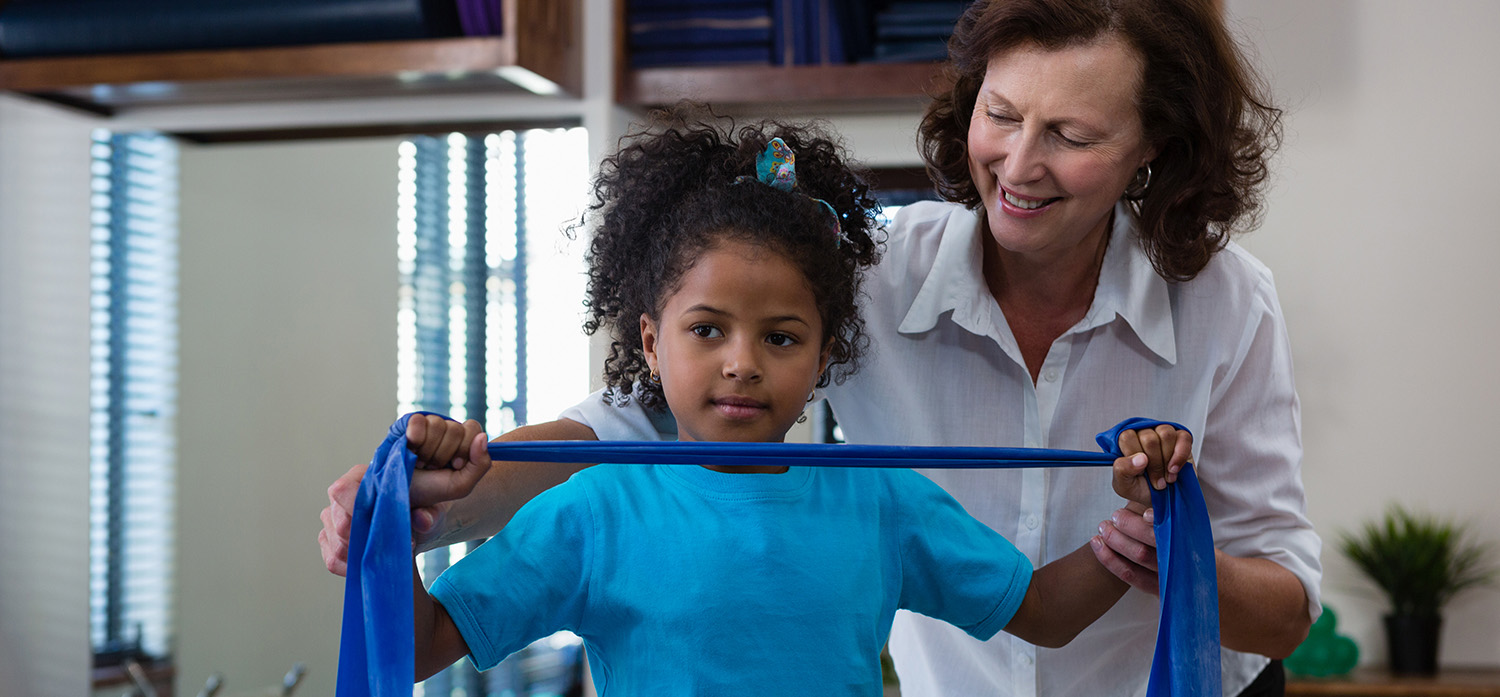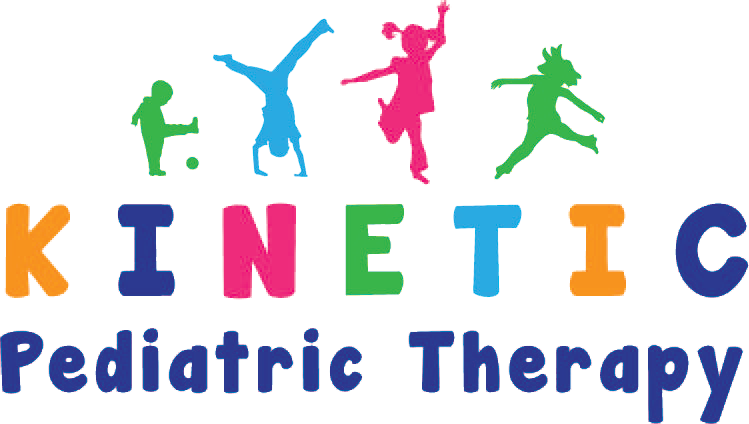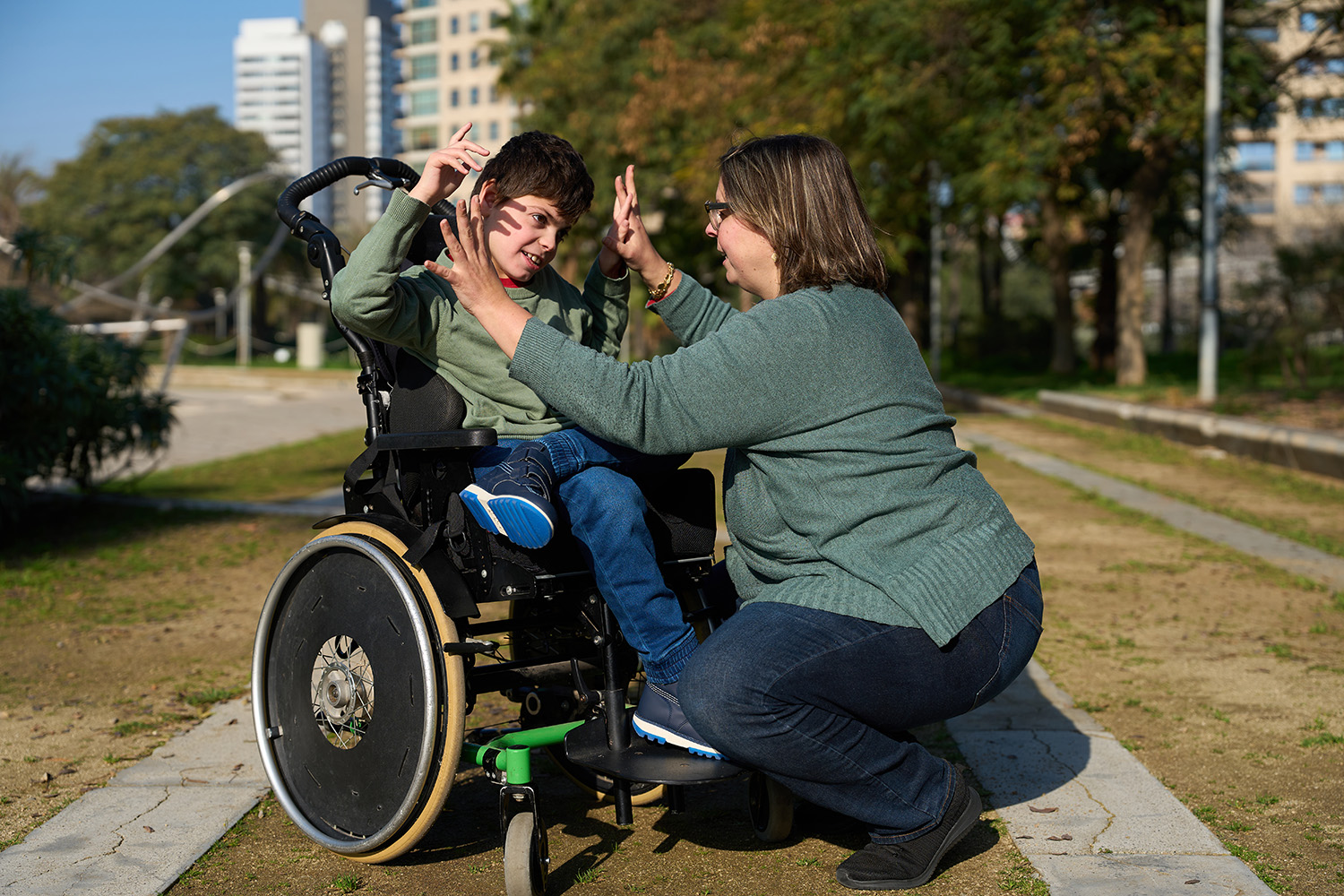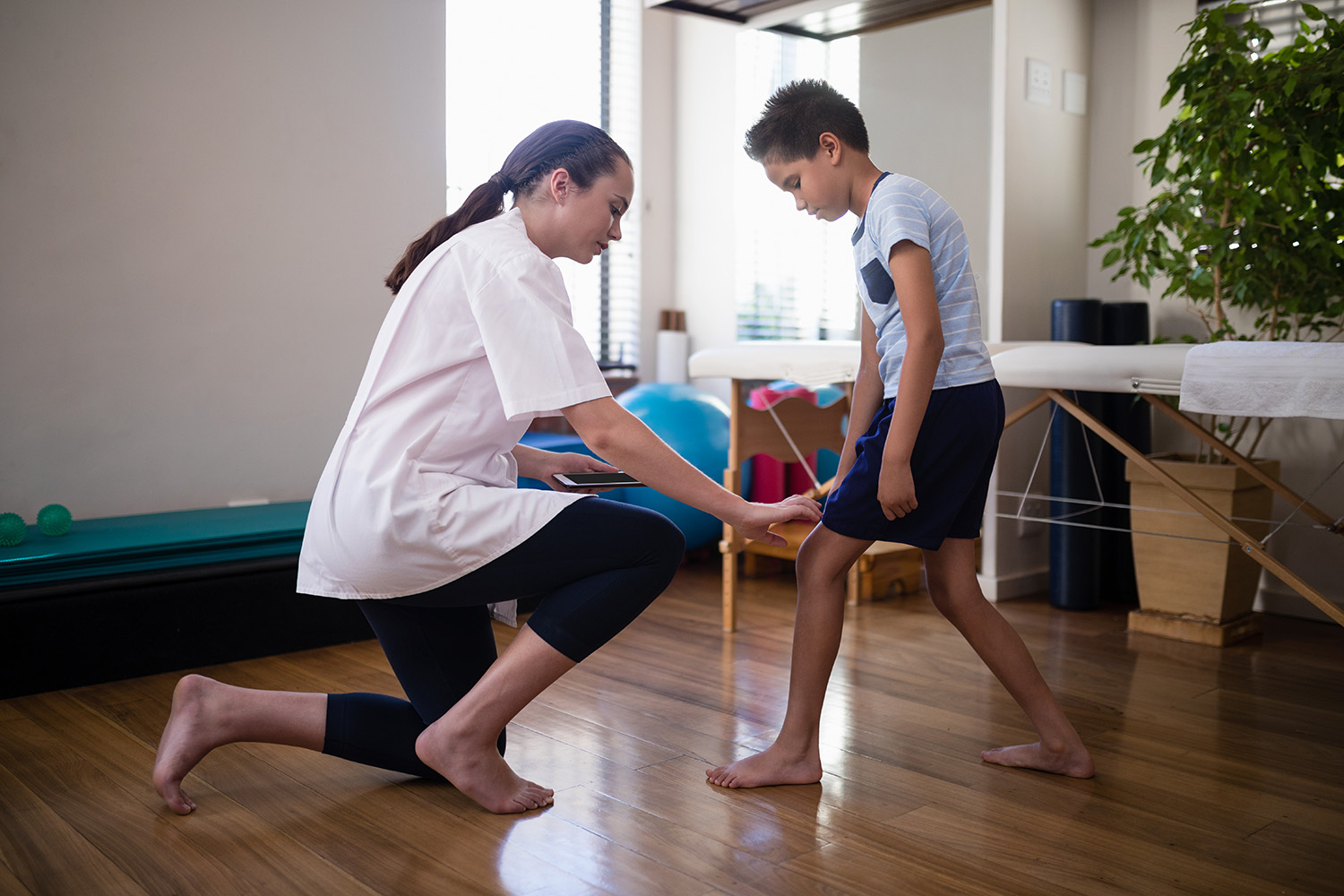
How Contract Physical Therapy Improves Motor Skills and Classroom Engagement
Motor skills are fundamental to a child’s development and play a pivotal role in their ability to navigate the physical environment of a school. For students facing motor impairments or physical challenges, classroom engagement and participation can be significantly affected. Contract physical therapy services provide critical support in enhancing motor skills, leading to improved classroom engagement, focus, and academic performance.
The Importance of Motor Skills in Child Development
Motor skills, which include gross motor skills (such as walking, running, and jumping) and fine motor skills (like writing, cutting with scissors, and manipulating small objects), are essential for a child’s physical and cognitive development. These skills allow children to engage in everyday activities both inside and outside the classroom. Without well-developed motor skills, students may struggle with tasks that their peers find routine, such as sitting comfortably at a desk, participating in physical education, or even focusing on academic tasks.
Students who face motor skill challenges are at a higher risk of feeling isolated or disengaged in the classroom. This can lead to frustration, lowered self-esteem, and a lack of interest in school activities. Contract physical therapy services can help bridge this gap by providing targeted interventions that support motor skill development, enabling students to thrive both physically and academically.
The Role of Physical Therapy in Improving Fine and Gross Motor Skills
Contract physical therapists work closely with students who have difficulty with motor skills, developing individualized care plans that address their specific needs. These plans might include exercises to improve strength, coordination, and balance, as well as interventions to enhance fine motor control.
For students who struggle with gross motor skills, physical therapists might focus on exercises that improve muscle tone, posture, and coordination. These exercises help students perform everyday tasks more easily, such as walking through hallways, navigating stairs, or participating in physical education classes. As students gain more control over their gross motor movements, they can engage more fully in school activities, leading to improved social interactions and increased confidence.
Fine motor skills, on the other hand, are essential for tasks like writing, drawing, and using classroom tools. Students who struggle with fine motor control may find it difficult to keep up with assignments, complete tests, or participate in arts and crafts projects. Contract physical therapists provide interventions that improve hand-eye coordination, grip strength, and dexterity, making it easier for students to engage in classroom activities that require fine motor precision.
Enhancing Classroom Engagement Through Physical Therapy
Classroom engagement is closely tied to a student’s physical abilities. Students who are uncomfortable, distracted by their physical limitations, or frustrated by their inability to perform certain tasks are less likely to stay engaged in academic lessons. This can lead to a cycle of disengagement, where physical challenges contribute to poor academic performance, which in turn exacerbates feelings of frustration and low self-esteem.
Contract physical therapy services can break this cycle by addressing the underlying physical challenges that hinder classroom engagement. By improving motor skills, physical therapy helps students stay focused on their academic tasks rather than being distracted by discomfort or frustration. For example, students who struggle with posture due to muscle weakness may find it difficult to sit still for extended periods. Physical therapists work with these students to strengthen their core muscles, improve posture, and reduce discomfort, allowing them to stay focused for longer during lessons.
Similarly, students who face difficulties with fine motor skills may find writing or using classroom tools challenging. By addressing these issues, physical therapists enable students to participate more fully in academic tasks, leading to increased engagement and improved learning outcomes.
The Link Between Physical Health and Cognitive Performance
Physical health and cognitive performance are closely linked. When students feel physically capable and comfortable, they are more likely to engage in cognitive tasks, such as reading, writing, and problem-solving. Conversely, when physical challenges go unaddressed, they can create mental distractions that hinder a student’s ability to concentrate.
Contract physical therapists help students build the physical endurance and strength they need to stay focused and engaged during lessons. For students with physical disabilities, even seemingly small improvements in motor function can have a profound impact on their cognitive engagement. For example, a student who previously struggled to write legibly due to poor fine motor control may experience a significant boost in confidence and academic performance once their physical therapy interventions start to take effect.
Moreover, improved motor skills often lead to better participation in group activities, where students can collaborate with their peers on academic projects. This social interaction, in turn, reinforces cognitive development, as students engage in problem-solving and communication skills within the context of group learning.
Boosting Academic Performance Through Physical Therapy
The benefits of contract physical therapy services extend beyond physical improvements; they also contribute to enhanced academic performance. When students are physically comfortable and confident in their abilities, they are more likely to take risks in the classroom, such as raising their hand to ask questions, volunteering to present in front of the class, or actively participating in group discussions.
As students gain more control over their motor skills, they become more independent in completing assignments and navigating their school environment. This increased independence fosters a sense of ownership over their learning, leading to improved academic outcomes. Additionally, students who have developed stronger motor skills are better equipped to participate in physical education, recess, and other physical activities that contribute to their overall well-being.
The Social and Emotional Benefits of Improved Motor Skills
In addition to the academic benefits, improved motor skills also lead to better social and emotional development. Students who struggle with motor impairments may feel isolated or self-conscious about their abilities, which can lead to anxiety, depression, and withdrawal from social activities. Physical therapy helps students overcome these challenges by improving their physical capabilities and boosting their confidence.
When students are able to participate in physical activities alongside their peers, they feel more included in the school community. This sense of belonging is crucial for their emotional well-being and helps them develop stronger relationships with their classmates. Additionally, the confidence that comes from mastering motor skills can translate into other areas of life, such as participating in after-school clubs, joining sports teams, or pursuing hobbies that require physical coordination.
Contract physical therapy services play a crucial role in improving motor skills, classroom engagement, and academic performance for students with physical challenges. By addressing both gross and fine motor skills, physical therapists help students build the physical and cognitive foundation they need to succeed in school. The benefits of physical therapy extend beyond the classroom, contributing to better social interactions, emotional well-being, and overall quality of life for students. With the right support, students with motor impairments can overcome their challenges and thrive in both academic and social settings.
🏃♂️ Help your students reach their full potential with expert Pediatric Physical Therapy! Kinetic Pediatric Contract Therapy offers tailored physical therapy services to schools across North Carolina, helping children improve their strength, mobility, and coordination. Our dedicated therapists work one-on-one with students to ensure they have the tools they need to succeed both in the classroom and in life. 🌟 Empower your students with the support they deserve—bring our Pediatric Physical Therapy services to your school today and promote their physical well-being and growth!
Please Share




